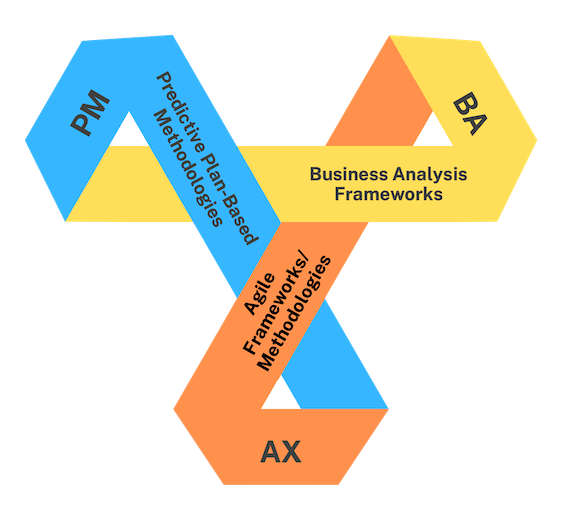The course aligns with PMI’s Certified Associate in Project Management (CAPM) ® exam certification requirements.
This course syllabus consists of course structure and learning goals after completing the CAPM® Exam Prep training.
The course introduce important communication concepts, including project metrics, progress management and measurement, culture, materials management, and performance management.
Course Structure
The PMI® Authorized Certified Associate in Project Management (CAPM)® Exam Prep Course syllabus is divided into 11 lessons, including an introductory one, and a conclusion.
The course breakdown is as follows:
- Lesson 1: Becoming a Certified Associate in Project Management
- Lesson 2: Projects and Project Management
- Lesson 3: Organizing for Project Performance
- Lesson 4: Development Approach and Life Cycle Performance Domain
- Lesson 5: Planning, Project Work and Delivery: Predictive Methodologies
- Lesson 6: Project Work and Delivery
- Lesson 7: Planning, Project Work and Delivery: Adaptive Methodologies
- Lesson 8: Overview of Adaptive Frameworks
- Lesson 9: Measurement, Tracking, and Managing Uncertainty
- Lesson 10: Business Analysis Frameworks
- Lesson 11: Business Analysis Domains
- Lesson 12: Capstone Activity
- Lesson 13: Conclusion
Learning Goals
This instructor led course is built around the following learning objectives, which are broken down here by domain:

Project Management Fundamentals and Core Concepts
- Demonstrate an understanding of the various project life cycles and processes.
- Distinguish between predictive and adaptive approaches.
- Demonstrate an understanding of project management planning.
- Demonstrate an understanding of project roles and responsibilities.
- Explain the importance of the role the project manager plays
- Determine how to follow and execute and respond to planned strategies or frameworks—e.g., communication, risks, etc.
- Demonstrate an understanding of common problem-solving tools and techniques. Project Management Fundamentals and Core Concepts
- Identify the suitability of a predictive, plan-based approach for the organizational structure (e.g., virtual, colocation, matrix structure, hierarchical, etc.).
- Determine and give examples of the activities within each process.
- Demonstrate an understanding of a project management plan schedule.
- Determine how to document project controls of predictive, plan-based projects.
Agile Frameworks/Methodologies
- Explain when it is appropriate and sustainable to use an adaptive approach for the organizational structure.
- Compare the pros and cons of adaptive and predictive, plan-based projects.
- Identify the suitability of adaptive approaches for the organizational structure (e.g., virtual, colocation, matrix structure, hierarchical, etc.).
- Identify organizational process assets and environmental factors that facilitate the use of adaptive approaches.
- Determine how to plan project iterations.
- Determine how to document project controls for an adaptive project.
- Distinguish between the components of different adaptive methodologies (e.g., Scrum, Extreme Programming (XP), Scaled Adaptive Framework (SAFe®), Kanban, etc.).
- Determine how to prepare and execute task management steps.
Business Analysis Frameworks
- Demonstrate an understanding of business analysis (BA) roles and responsibilities.
- Demonstrate the importance of stakeholder and team communication to the business analyst role.
- Determine how to gather requirements and using the best approach for a situation.
- Explain the application of a product roadmap.
- Determine how project methodologies influence business analysis processes.
- Validate requirements through product delivery.


